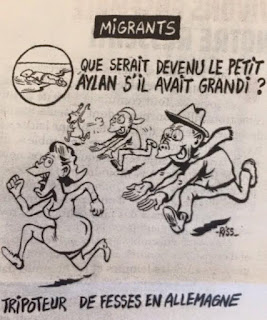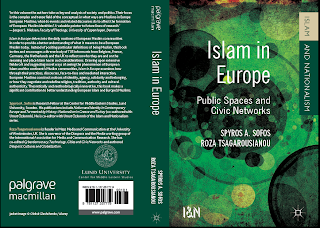Western Europeans more likely than Central and Eastern Europeans to say they would accept Jews, Muslims into their family

There is a line separating Western and Eastern Europeans when it comes to public attitudes toward Muslims according to the Pew Research Center, a nonpartisan organization that generates data on the issues, attitudes and trends shaping the world . The questions Pew Center asked related to the public's acceptance of Muslims in familial, and public contexts as well as to the association of religion to national identity. The continental divide in attitudes and values can be extreme in some cases. For example, in nearly every Central and Eastern European country polled by the Pew Research Center , fewer than half of adults say they would be willing to accept Muslims into their family; in nearly every Western European country surveyed, more than half say they would accept a Muslim into their family. In a separate question, Western Europeans also are much more likely than their Central and Eastern European counterparts to say they would accept Muslims in their neighborhoods. F









